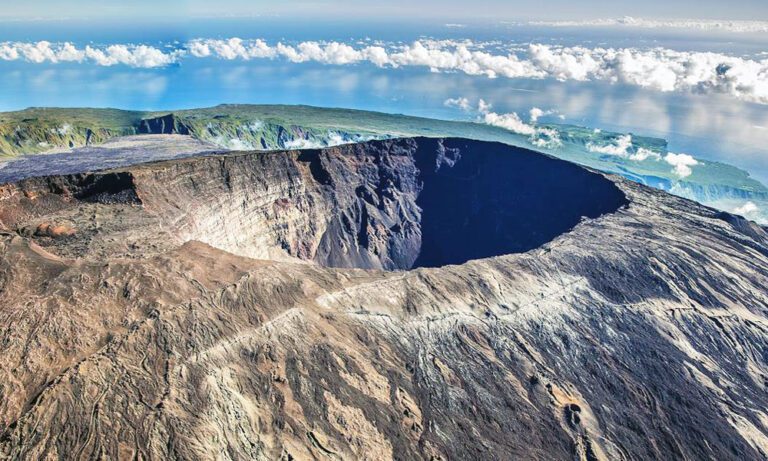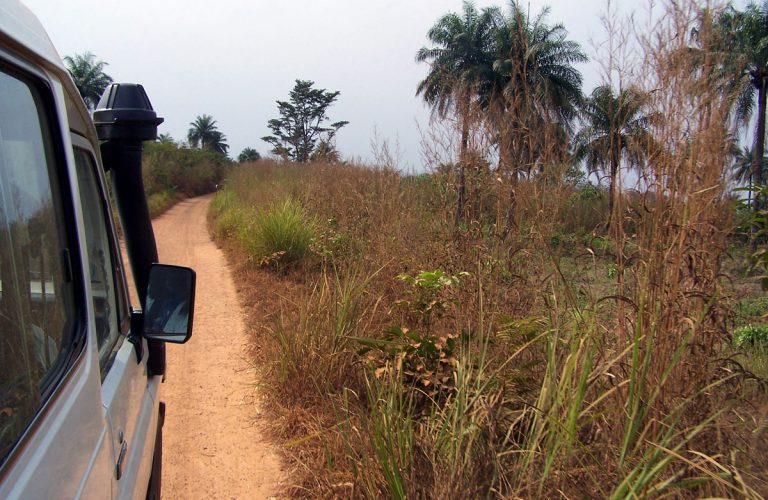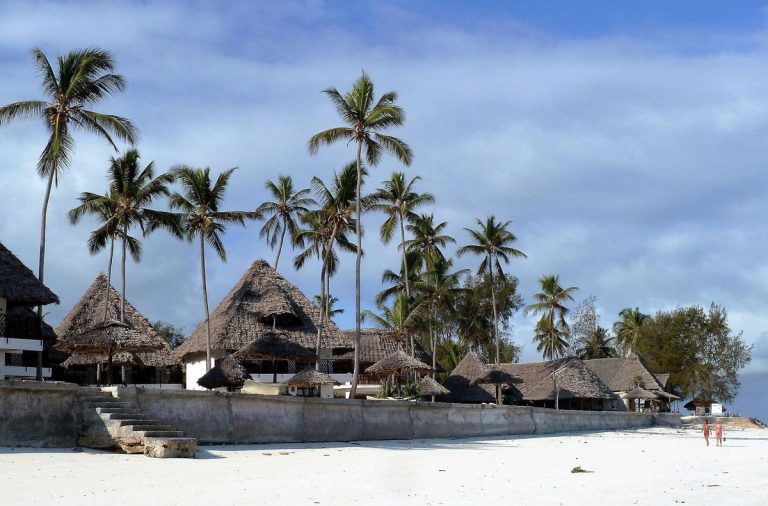Why Ecotourism is the Future of Travel in Africa: A Comprehensive Overview

In recent years, there has been a growing trend towards ecotourism, and for good reason. With the increasing awareness of the impact that traditional tourism has on the environment, people are now seeking out more sustainable and responsible ways to travel.
Ecotourism not only benefits the environment but also the local communities and economies. From wildlife conservation to sustainable accommodation, there are a variety of ways in which ecotourism can be practiced.
In this comprehensive overview, we’ll delve into the reasons why ecotourism is the future of travel. We’ll explore the benefits of ecotourism, the different types of eco-tourism experiences available, and what you can do to be a responsible eco-tourist.
So, whether you’re a seasoned traveler or just starting out, read on to discover why eco-tourism may just be the perfect way to explore the world while making a positive impact.
The Advantages of Ecotourism
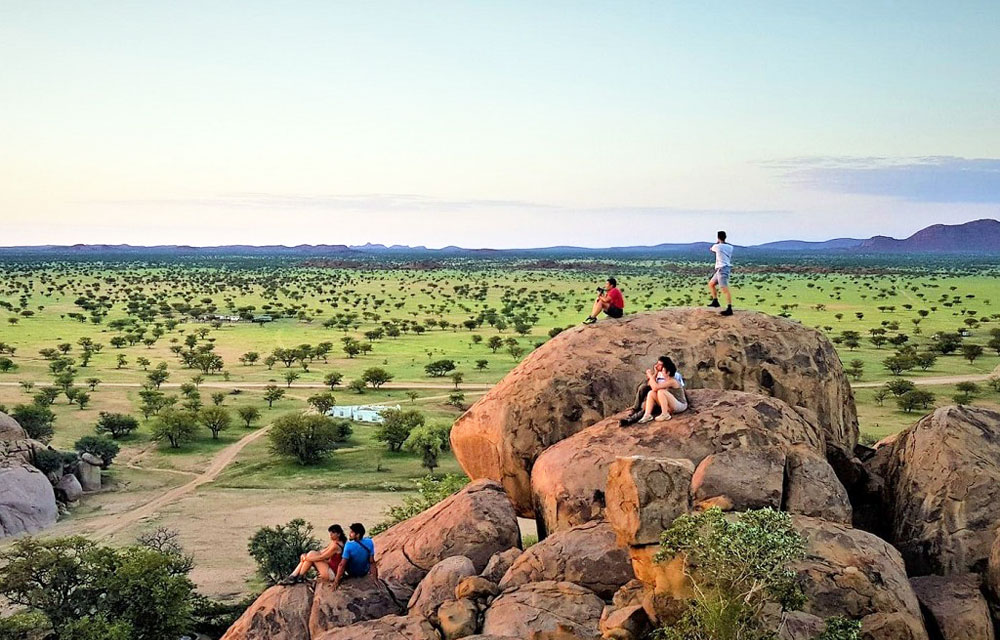
In contrast to traditional forms of tourism, ecotourism highlights the importance of sustainable travel, showcasing numerous benefits for both our planet and its people. A vital part of the global tourism market, ecotourism is gaining momentum as an increasingly important alternative to mass tourism.
Embracing ecotourism translates into responsible travel to natural areas, minimizing negative impacts, and actively contributing to the conservation of natural and cultural heritage. This is what sets ecotourism apart. It allows tourists to immerse themselves in pristine, often remote natural environments, fostering environmental appreciation and understanding.
Ecotourism destinations in Africa include Kenya and Rwanda in East Africa, Madagascar on the Indian Ocean and South Africa, Namibia, and Botswana in the South. The essence of an ecotourism experience often involves exploring protected areas, national parks, and world heritage sites. Such excursions allow ecotourists to engage in nature-based tourism activities like wildlife watching, hiking, and kayaking, promoting deeper connections with the natural world.
An essential part of the definition of ecotourism, as provided by the International Ecotourism Society, involves interpretation and education. This means that ecotourism operators and tour operators must promote understanding and appreciation of the destination’s environmental and cultural values, among locals and tourists alike.

Ecotourism isn’t only about travelers. It plays a pivotal role in sustainable development by offering economic benefits for local communities. Through supporting locally-owned accommodations and businesses, ecotourism stimulates economic opportunities and sustains the well-being of host communities. In this way, ecotourism, as a part of the tourism industry, becomes a catalyst for promoting sustainable policies.
Well-managed ecotourism profits both people and the environment. It represents a win-win situation where tourists can enjoy their travel to natural areas and locals can enjoy the social and economic benefits. With the support of responsible travel agents and tour operators, we can protect the environment, empower local people, and continue to learn from the wealth of experiences that ecotourism offers.
Remember, ecotourism isn’t just a trend; it’s a commitment to travel in a sustainable manner, emphasizing the conservation and management of our world’s precious natural areas. Whether it’s your first ecotourism adventure or you’re a seasoned ecotourist, each journey helps us foster a better, more sustainable future for all.
The Negative Impact of Mass Tourism on the Environment

Mass tourism often results in large amounts of waste and pollution, including litter, sewage, and air pollution from transportation. This could negatively influence local ecosystems and wildlife in a way that undermines the interdependence of our natural world.
Another negative impact of mass tourism is habitat destruction. As tourism infrastructure expands, natural habitats can be destroyed to make way for hotels, resorts, and other tourist facilities. This might considerably influence our local wildlife and ecosystems in a negative way.
Mass tourism can also contribute to the depletion of natural resources. This includes water, energy, and food. As more and more tourists visit Africa the demand for these resources increases which can lead to depletion and other environmental issues.
The Role of Ecotourism in Environmental Conservation

Ecotourism plays a crucial role in environmental conservation. By focusing on sustainable travel practices, ecotourism helps to minimize the negative impact of tourism on the environment. This includes activities such as wildlife conservation, responsible waste management, and sustainable transportation.
One of the key ways that ecotourism contributes to environmental conservation is through wildlife conservation. Many ecotourism experiences involve visiting national parks, wildlife reserves, and other protected areas. By supporting these areas through tourism, ecotourism helps to fund conservation efforts and protect endangered species.
Ecotourism also plays a role in responsible waste management. Many ecotourism experiences involve staying in environmentally-friendly accommodations that prioritize waste reduction and recycling. Moreover, embracing ecotourism frequently includes engaging in activities such as beach cleanups and litter disposal. These activities contribute towards maintaining our environment, keeping it pristine and pollution-free.
Finally, ecotourism promotes sustainable transportation practices. This includes activities like cycling, hiking, and kayaking. Not only do these activities bring joy, but they also minimize our reliance on fossil fuels, thereby subtly contributing to a healthier environment. Many ecotourism experiences involve using public transportation or carpooling, which helps to reduce carbon emissions.
The Economic Benefits of Ecotourism

Ecotourism provides numerous economic benefits to local communities and economies. One of the biggest benefits is job creation. Ecotourism often involves working with local communities to develop sustainable tourism practices that benefit both the environment and the local people. This can create jobs in areas such as hospitality, conservation, and transportation.
Additionally, ecotourism often involves staying in locally-owned accommodations and supporting local businesses. This helps to stimulate the local economy and create economic opportunities for local entrepreneurs. Moreover, ecotourism introduces a delightful opportunity to broaden local economies, enabling communities to minimize their reliance on more traditional sectors like mining and agriculture.
Finally, ecotourism can provide economic benefits to national and regional economies. Ecotourism often involves visiting protected areas and national parks, which can generate revenue for governments and support conservation efforts. Additionally, eco-tourism can help to promote cultural exchange and increase international understanding, which can have positive diplomatic and economic implications.
Types of Ecotourism

There’s a delightful array of ecotourism experiences waiting for you to explore. One of the most popular types is wildlife tourism. This involves visiting protected areas and national parks to observe wildlife in their natural habitat. This can include activities such as safari tours, birdwatching, and whale watching.
Another type of eco-tourism is adventure tourism. This involves participating in outdoor activities such as hiking, kayaking, and rock climbing. Adventure tourism often involves staying in remote areas and experiencing local cultures.
Finally, cultural tourism is another popular type of ecotourism. This involves visiting local communities and learning about their customs, traditions, and way of life. Cultural tourism can include activities such as visiting local markets, participating in cultural festivals, and staying with local families.
Sustainable Tourism Practices

Sustainable tourism practices are an important part of ecotourism. These practices help to minimize the negative impact of tourism on the environment and promote responsible travel. Some examples of sustainable tourism practices include:
- Staying in environmentally-friendly accommodations that prioritize waste reduction, energy efficiency, and water conservation.
- Participating in activities such as beach cleanups and litter removal.
- Using public transportation or carpooling to reduce carbon emissions.
- Supporting local businesses and staying in locally-owned accommodations.
- Respecting local cultures and customs.
How to Plan an Ecotourism Trip

Planning an ecotourism trip involves a few key steps. First, it’s important to research your destination and the eco-tourism experiences available. This can involve reading travel guides, researching online, and talking to travel agents.
Next, it’s important to choose environmentally-friendly accommodations and transportation options. This can include staying in eco-lodges, using public transportation, and participating in activities such as cycling and hiking.
Finally, it’s important to be a responsible ecotourist. This means respecting local cultures and customs, minimizing waste and pollution, and supporting local businesses.
The Best Ecotourism Destinations in Africa
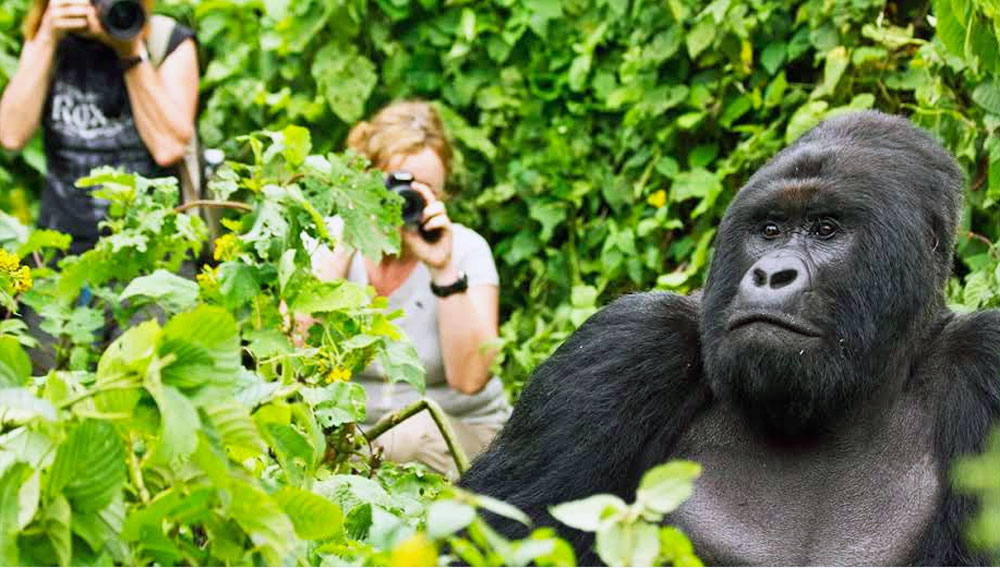
Africa, with its natural wonders and vibrant cultures, is brimming with potential for memorable ecotourism experiences. Let’s delve into some top-notch African ecotourism destinations that you might want to consider for an extraordinary journey on your next vacation.
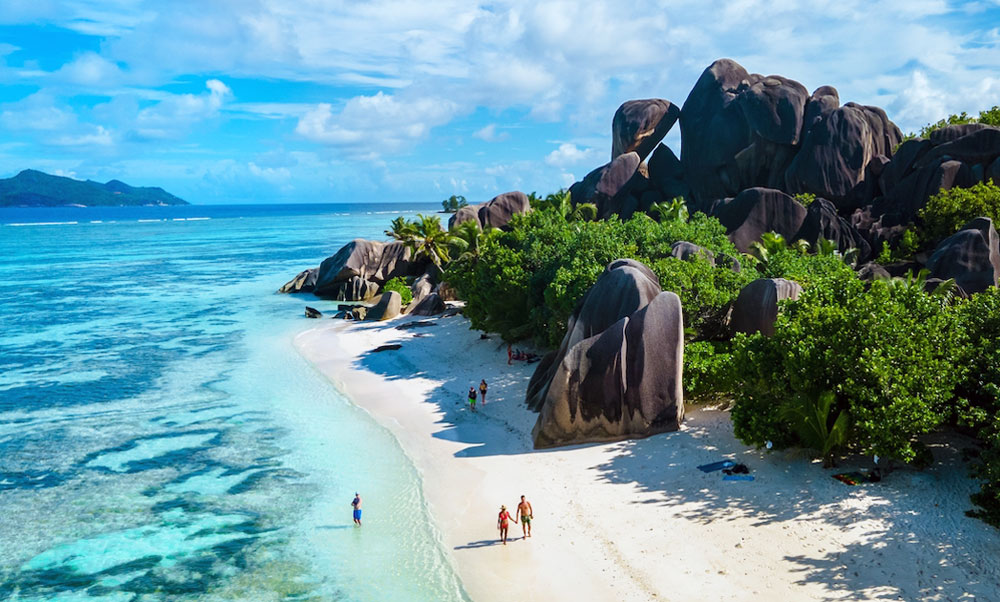
Ecotourism Certification and Accreditation
Ecotourism certification and accreditation programs help to ensure that ecotourism experiences meet certain environmental and social standards. These programs can help travelers to identify eco-friendly accommodations and tour operators, as well as ensure that their travel experiences have a positive impact on the environment and local communities.
Some popular eco-tourism certification and accreditation programs include:
Future of Ecotourism
Great news on the horizon for ecotourism! As we all grow more conscious about our environmental footprint, we’re seeing a remarkable surge in demand for green, sustainable travel. This trend is exciting investors and sparking creativity for unique eco-friendly experiences.
But that’s not all! Ecotourism is also broadening its appeal. Thanks to the widespread adoption of sustainable practices by destinations and tour operators, it’s now becoming a more affordable and accessible choice for a diverse group of travelers. Here’s to a greener future in travel!
Conclusion
Ecotourism is the future of travel. From its positive impact on the environment to its economic benefits for local communities and economies, ecotourism provides numerous advantages over traditional tourism.
By focusing on sustainable travel practices and responsible tourism, ecotourism helps to minimize the negative impact of tourism on the environment and promotes positive social and economic outcomes.

